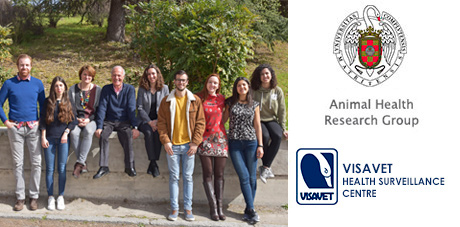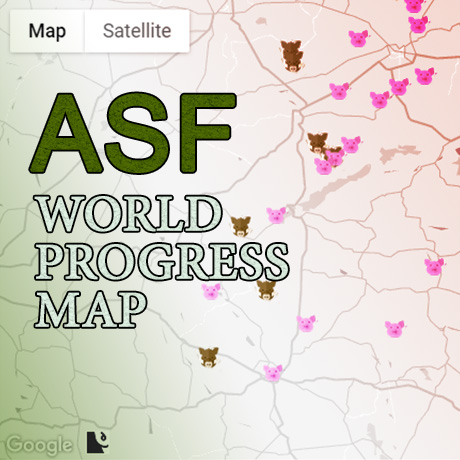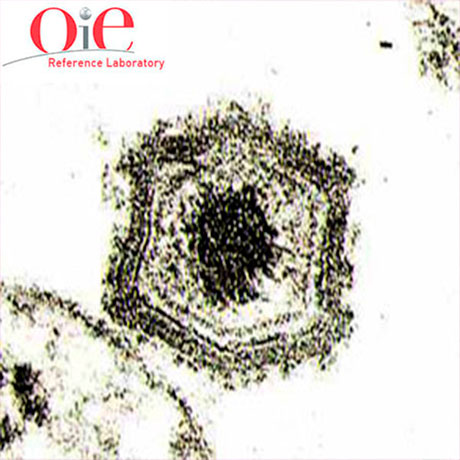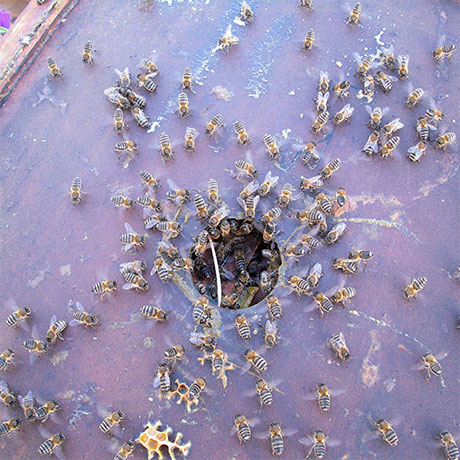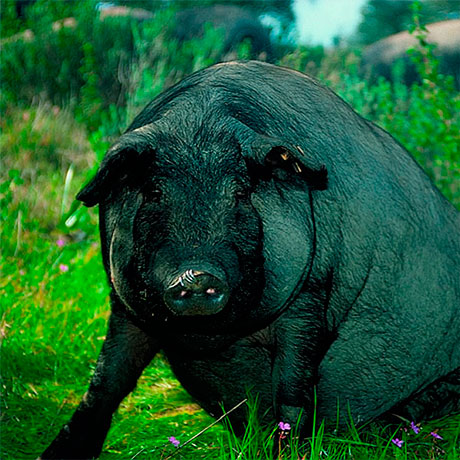Geospatial analysis for strategic wildlife disease surveillance: African swine fever in South Korea (2019-2021)
New research article in PLoS One journal.
 Abstract: Since the confirmation of African swine fever (ASF) in South Korea in 2019, its spread, predominantly in wild boars, has been a significant concern. A key factor in this situation is the lack of identification of risk factors by surveillance bias. The unique orography, characterized by high mountains, complicates search efforts, leading to overlooked or delayed case detection and posing risks to the swine industry. Additionally, shared rivers with neighboring country present a continual threat of virus entry. This study employs geospatial analysis and statistical methods to 1) identify areas at high risk of ASF occurrence but possibly under-surveilled, and 2) indicate strategic surveillance points for monitoring the risk of ASF virus entry through water bodies and basin influences. Pearson's rho test indicated that elevation (rho = -0.908, p-value < 0.001) and distance from roads (rho = -0.979, p-value < 0.001) may have a significant impact on limiting surveillance activities. A map of potential under-surveilled areas was created considering these results and was validated by a chi-square goodness-of-fit test (X-square = 208.03, df = 1, p-value < 0.001). The strong negative correlation (rho = -0.997, p-value <0.001) between ASF-positive wild boars and distance from water sources emphasizes that areas surrounding rivers are one of the priority areas for monitoring. The subsequent hydrological analyses provided important points for monitoring the risk of virus entry via water from the neighboring country. This research aims to facilitate early detection and prevent further spread of ASF.
Abstract: Since the confirmation of African swine fever (ASF) in South Korea in 2019, its spread, predominantly in wild boars, has been a significant concern. A key factor in this situation is the lack of identification of risk factors by surveillance bias. The unique orography, characterized by high mountains, complicates search efforts, leading to overlooked or delayed case detection and posing risks to the swine industry. Additionally, shared rivers with neighboring country present a continual threat of virus entry. This study employs geospatial analysis and statistical methods to 1) identify areas at high risk of ASF occurrence but possibly under-surveilled, and 2) indicate strategic surveillance points for monitoring the risk of ASF virus entry through water bodies and basin influences. Pearson's rho test indicated that elevation (rho = -0.908, p-value < 0.001) and distance from roads (rho = -0.979, p-value < 0.001) may have a significant impact on limiting surveillance activities. A map of potential under-surveilled areas was created considering these results and was validated by a chi-square goodness-of-fit test (X-square = 208.03, df = 1, p-value < 0.001). The strong negative correlation (rho = -0.997, p-value <0.001) between ASF-positive wild boars and distance from water sources emphasizes that areas surrounding rivers are one of the priority areas for monitoring. The subsequent hydrological analyses provided important points for monitoring the risk of virus entry via water from the neighboring country. This research aims to facilitate early detection and prevent further spread of ASF.
Ito, S., Bosch, J., Aguilar-Vega, C., Jeong, H., Sánchez-Vizcaíno, J.M.
Ignacio Vargas Castro PhD defense
Ignacio Vargas Castro defended his PhD hesis titled "New perspectives in the study of mayor emerging diseases in cetaceans: advances in the understanding of Herpesviruses, Morbilliviruses and Brucella " this Wednesday, June 12th 2024, obtaining the highest grade of sobresaliente cum laude.

Congratulations Ignacio Vargas Castro! The SUAT team gives you the most sincere congratulations
José Luis Crespo Picazo PhD defense
José Luis Crespo Picazo defended his PhD hesis titled "Pathology and causes of stranding in sea turtles in the Valencian Community" this Wednesday, May 22th 2024, obtaining the highest grade of sobresaliente cum laude.

Congratulations José Luis! The SUAT team gives you the most sincere congratulations
Molecular detection of herpesvirus in a skin lesion of a humpback whale (Megaptera novaeangliae) from the Western Mediterranean Sea.
New open access article in the European Journal of Wildlife Research.
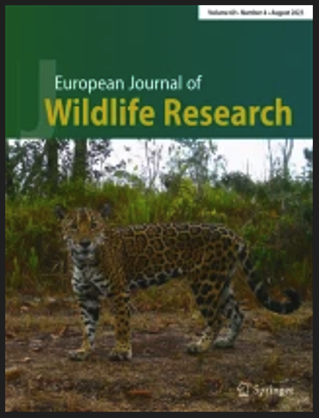 Abstract: Herpesvirus has the potential to infect a wide variety of animal species. In cetaceans, Alpha- and/or Gammaherpesvirinae have been identified in eight families of odontocetes, and one family of mysticetes. In May 2022, an adult humpback whale (Megaptera novaeangliae) was found stranded in Valencia, Spain. The whale was emaciated, in poor body condition, with multiple lacerations on the dorsal fin and a high number of epibionts of the Cyamidae family, known as whale lice. The individual had been previously released from a ghost net entanglement 5 days before becoming stranded. In a closer examination, various skin lesions were observed, including chronic, proliferative, and erosive dermatitis and a large ulcer extending to the deep dermis. As part of the infectious disease surveillance programme, molecular testing was performed on skin samples for herpesvirus, cetacean morbillivirus, and poxvirus. A positive result for herpesvirus was obtained from one of the skin lesions. The sequence was found to belong to the Alphaherpesvirinae subfamily, and it was closely related to alphaherpesvirus sequences from a fin whale (Balaenoptera physalus) and a humpback whale. Cetacean morbillivirus and poxvirus testing was negative. To the authors’ knowledge, this is the first report of herpesvirus in a humpback whale from the Mediterranean Sea. Reports on herpesvirus detection or infection in humpback whales (only species within the genus Megaptera) are scarce. In consequence, future virological assessments of humpback whales should include testing for herpesvirus.
Abstract: Herpesvirus has the potential to infect a wide variety of animal species. In cetaceans, Alpha- and/or Gammaherpesvirinae have been identified in eight families of odontocetes, and one family of mysticetes. In May 2022, an adult humpback whale (Megaptera novaeangliae) was found stranded in Valencia, Spain. The whale was emaciated, in poor body condition, with multiple lacerations on the dorsal fin and a high number of epibionts of the Cyamidae family, known as whale lice. The individual had been previously released from a ghost net entanglement 5 days before becoming stranded. In a closer examination, various skin lesions were observed, including chronic, proliferative, and erosive dermatitis and a large ulcer extending to the deep dermis. As part of the infectious disease surveillance programme, molecular testing was performed on skin samples for herpesvirus, cetacean morbillivirus, and poxvirus. A positive result for herpesvirus was obtained from one of the skin lesions. The sequence was found to belong to the Alphaherpesvirinae subfamily, and it was closely related to alphaherpesvirus sequences from a fin whale (Balaenoptera physalus) and a humpback whale. Cetacean morbillivirus and poxvirus testing was negative. To the authors’ knowledge, this is the first report of herpesvirus in a humpback whale from the Mediterranean Sea. Reports on herpesvirus detection or infection in humpback whales (only species within the genus Megaptera) are scarce. In consequence, future virological assessments of humpback whales should include testing for herpesvirus.
Vargas-Castro I, Crespo-Picazo JL, Jimenez Martínez MÁ, Muñoz-Baquero M, Marco-Cabedo V, Garcia-Parraga V, and Sanchez-Vizcaino JM
Carolina Muñoz PhD defense
Carolina Muñoz defended her PhD hesis titled "Strategies for African swine fever prevention" this Thursday, March 21, 2024, obtaining the highest grade of sobresaliente cum laude.
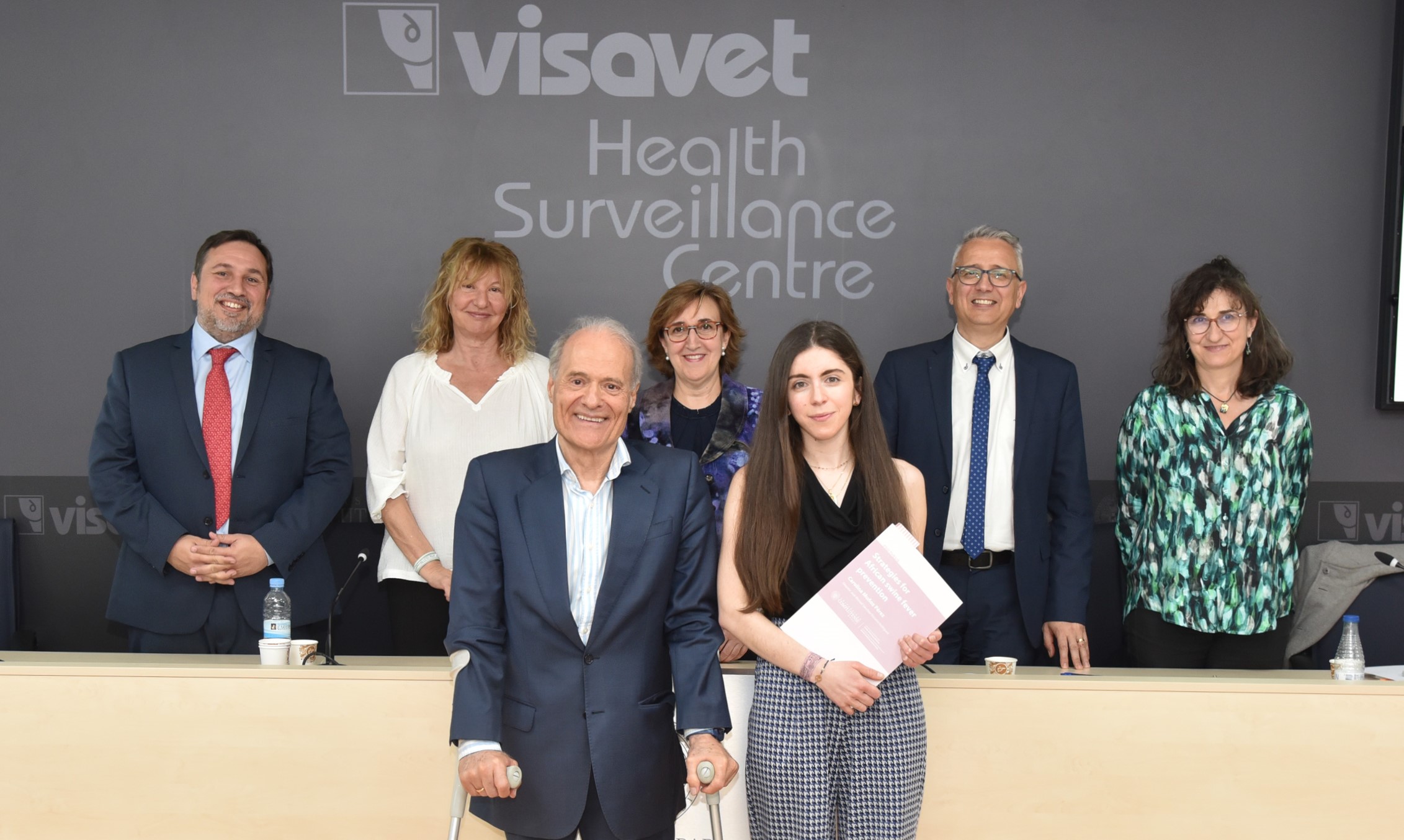
Congratulations Carolina! The SUAT team gives you the most sincere congratulations
Will we get a vaccine for the most lethal disease in the pork sector?
Interview with José Manuel Sánchez-Vizcaíno for AgriNews TV.



